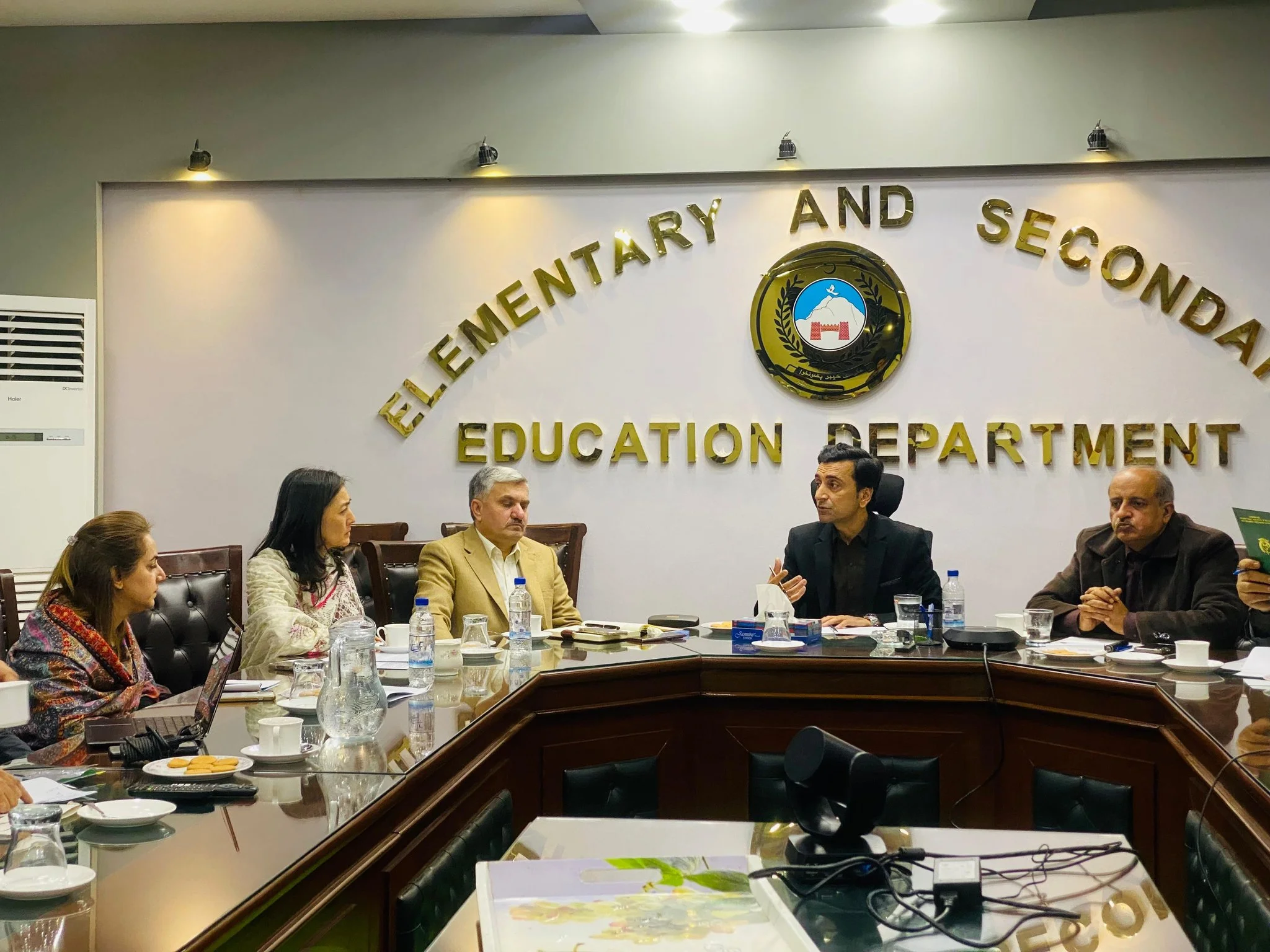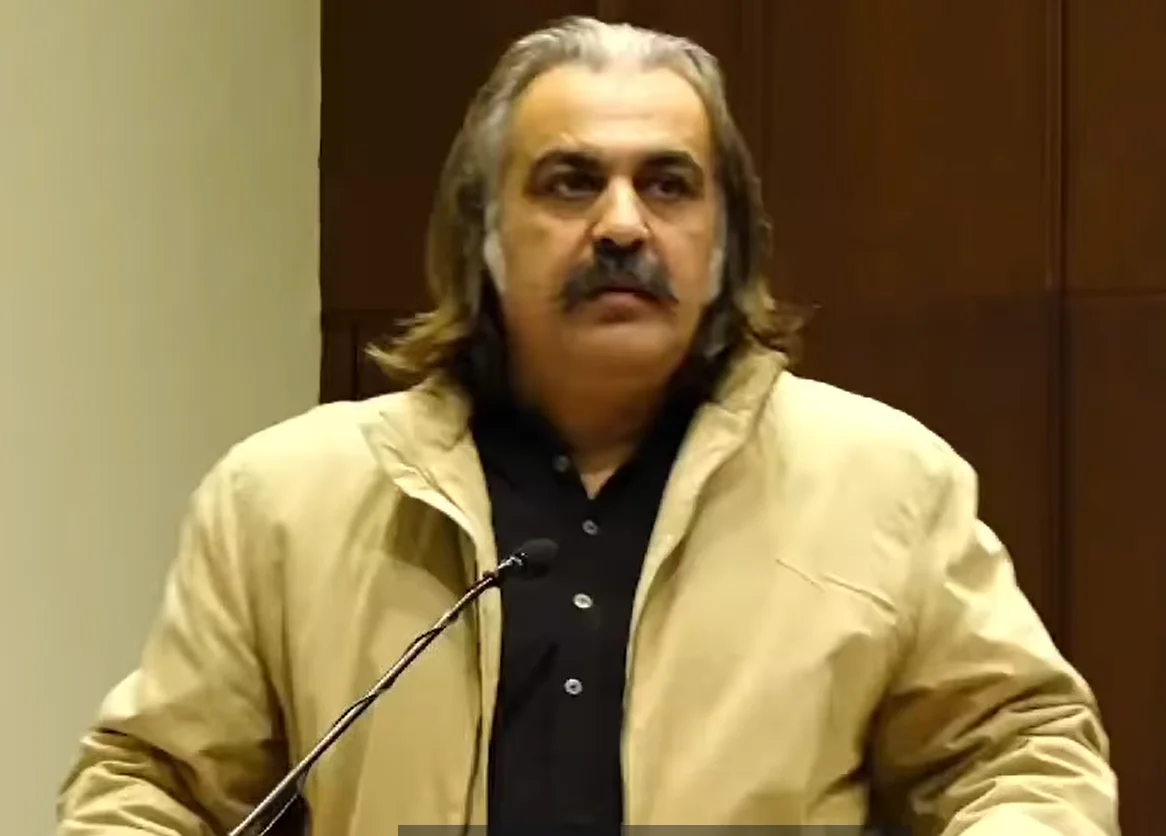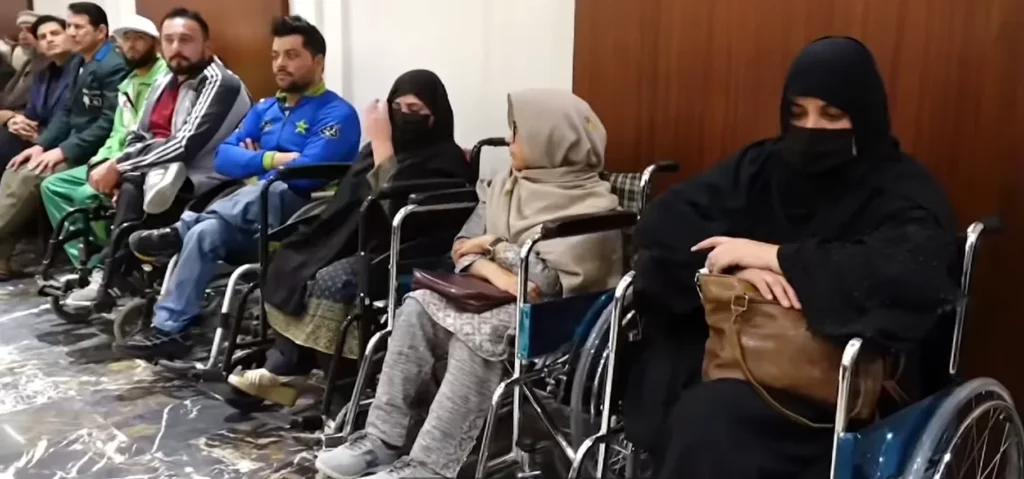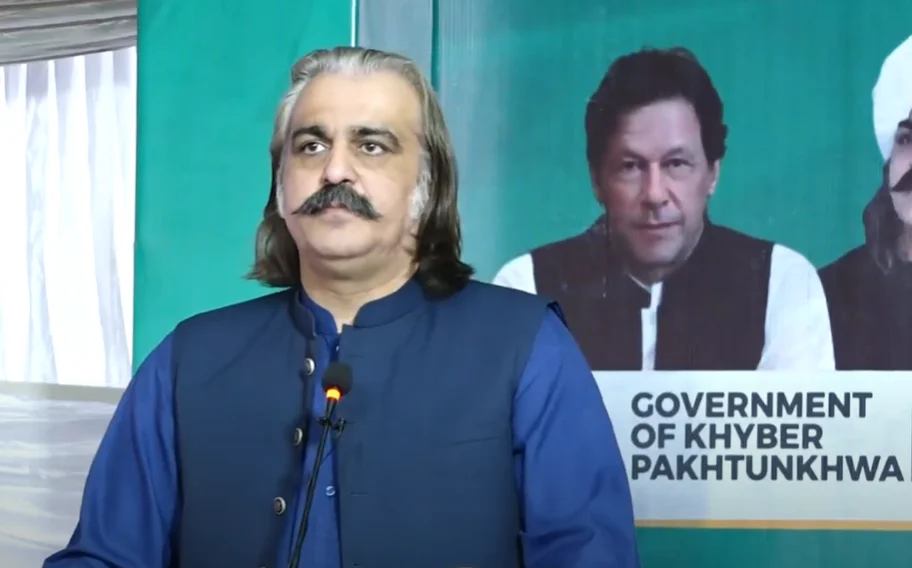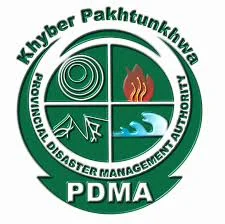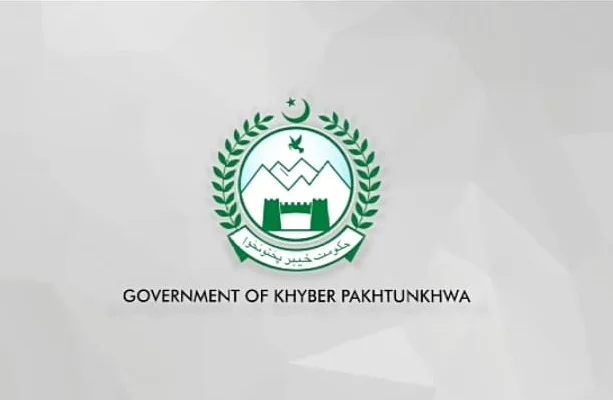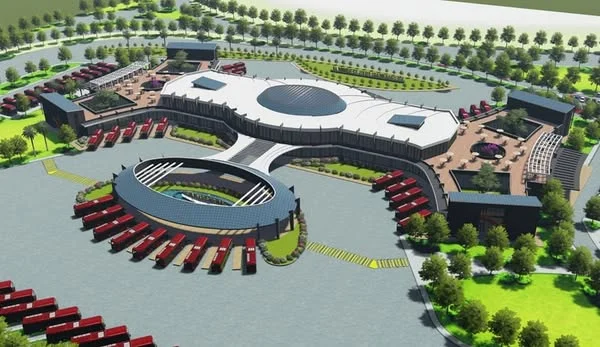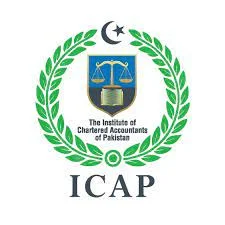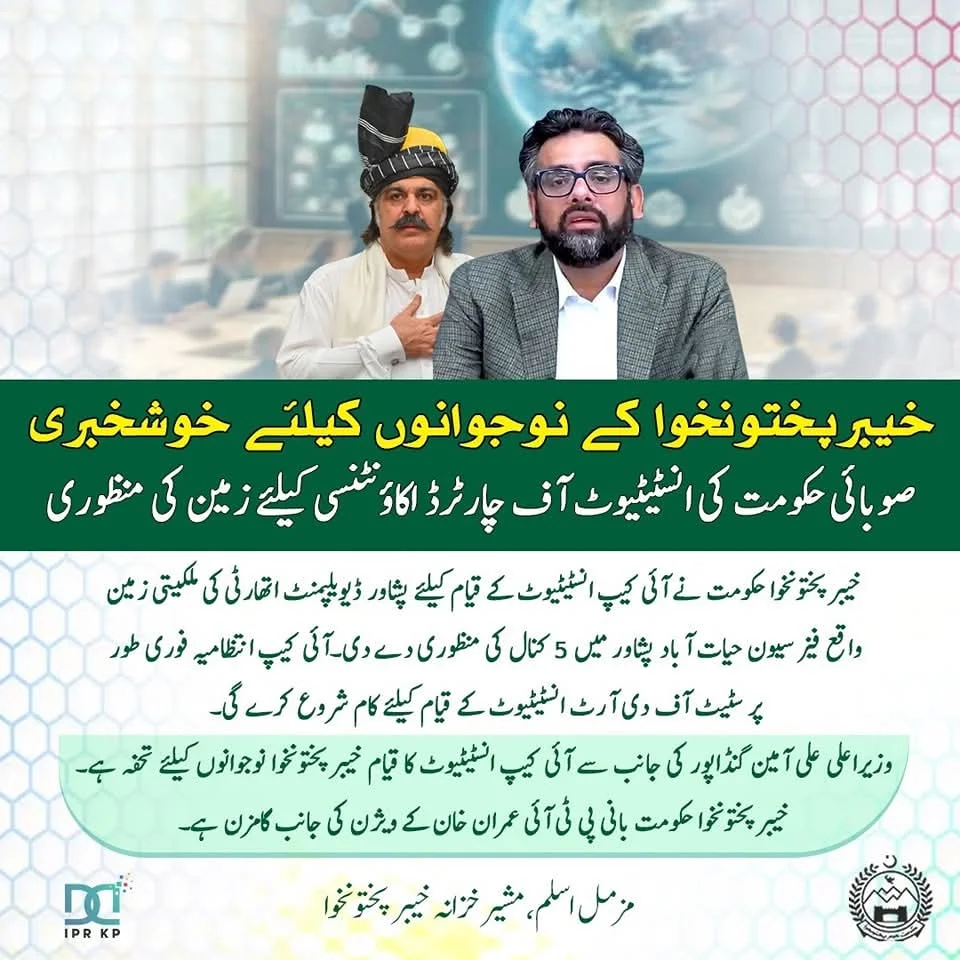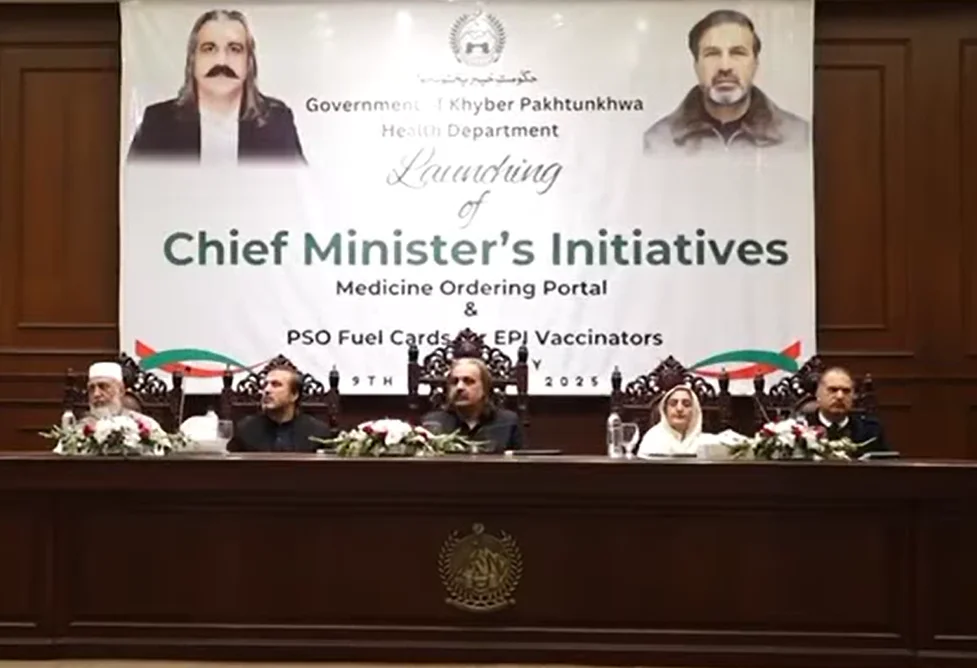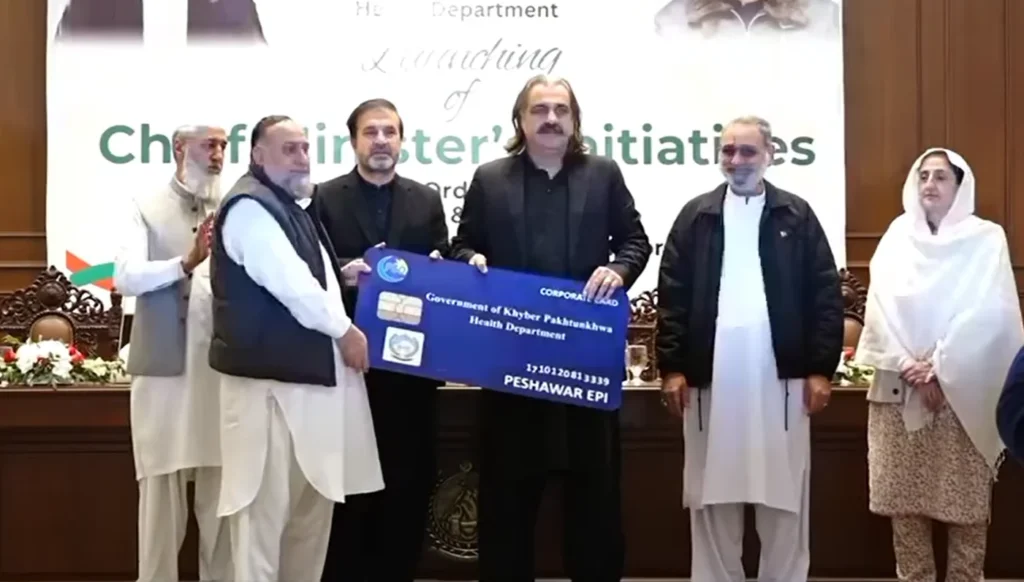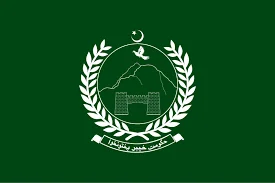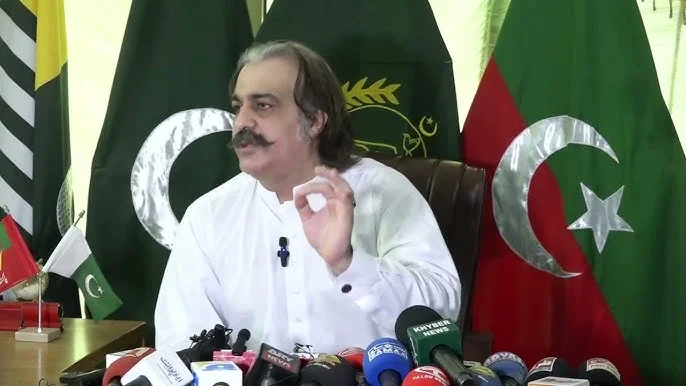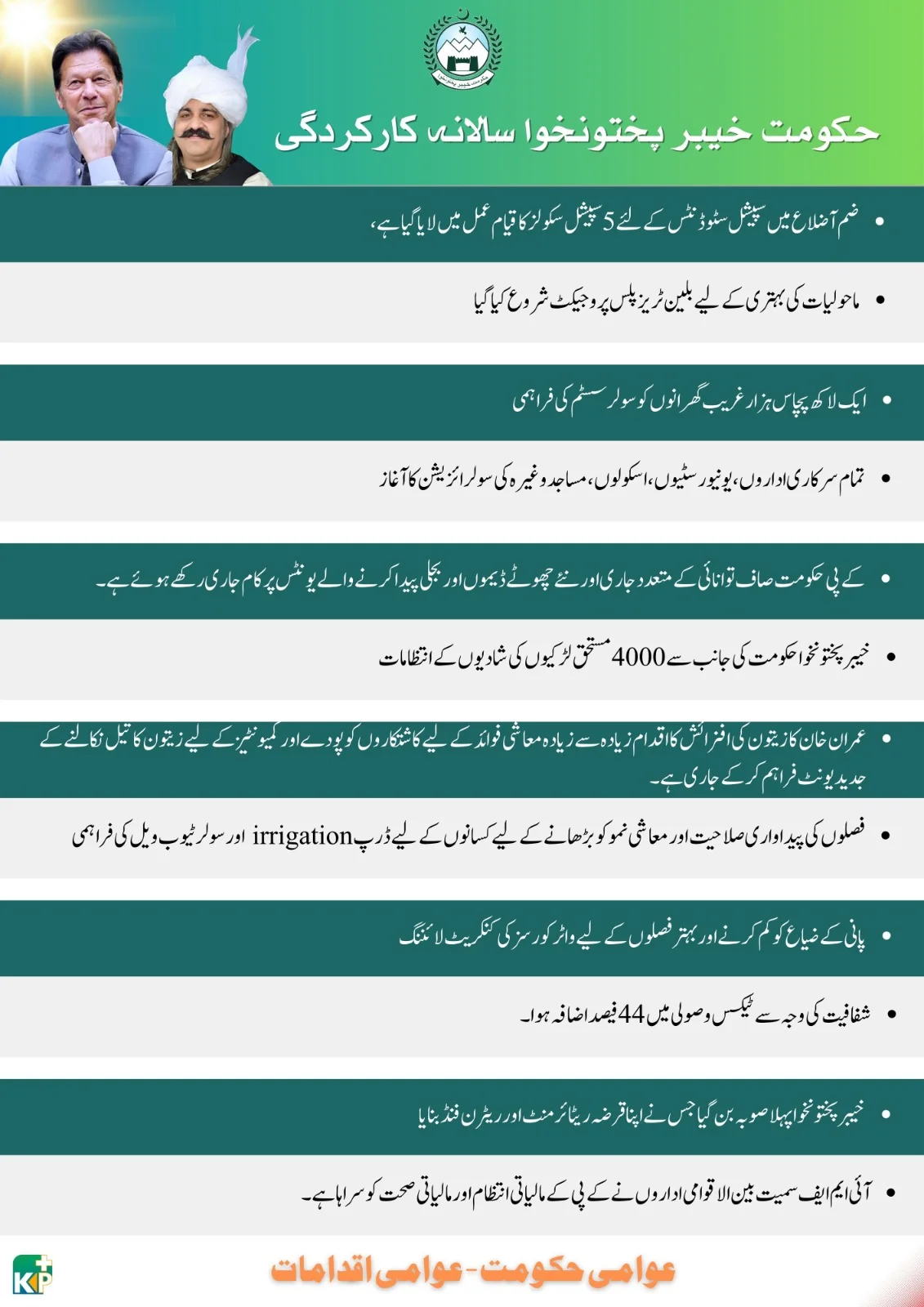KP Education Minister Faisal Khan Tarakai recently held an important meeting (World Bank Education Support) with a senior World Bank delegation led by Ms. Keiko.
The meeting focused on reviewing and planning education projects for Khyber Pakhtunkhwa (KP).
Key attendees included Secretary of Education Masood Ahmad, Special Secretary Qaisar Alam, Human Capital Investment Project Director Asif Khan, and other senior officials, showing the importance of the discussion.
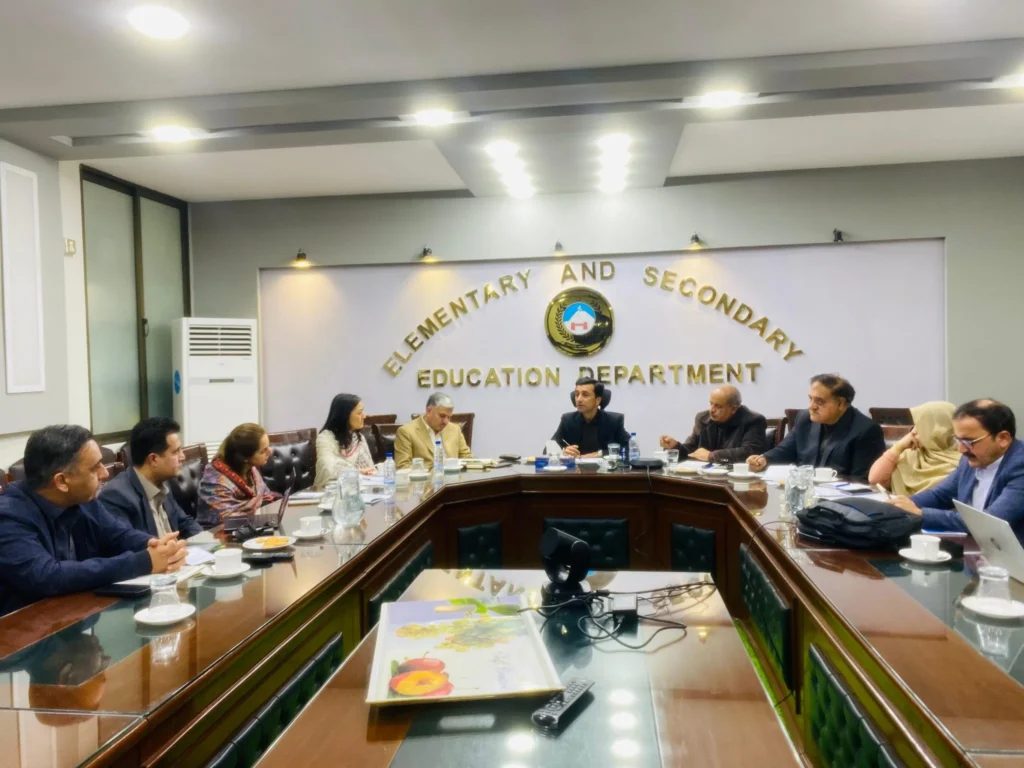
Progress of the Human Capital Investment Project:
Officials from the KP Education Department shared an update on the progress of the Human Capital Investment Project (HCIP) during a meeting.
The project is focused on improving the quality of education, making it more accessible, and upgrading school infrastructure across the province. Its main goal is to invest in the people of KP and support the province’s overall development.
The World Bank team attending the meeting praised the progress made so far.
They appreciated the KP government’s efforts and gave positive feedback. In a significant move, they also announced an 18-month extension for the project.
This extra time will help achieve more goals and widen the project’s impact for even better results.
Minister Tarakai’s Commitment to Education:
Minister Faisal Khan Tarakai highlighted the provincial government’s strong focus on education. He stated, “Our main goal is to complete the ongoing education projects supported by the World Bank.
By successfully finishing these, we can start new projects with the World Bank’s financial and technical support.”
This shows the KP government’s commitment to improving education by working with international partners.
Minister Tarakai’s vision is to ensure sustainable development, making sure these projects benefit all areas of the province.
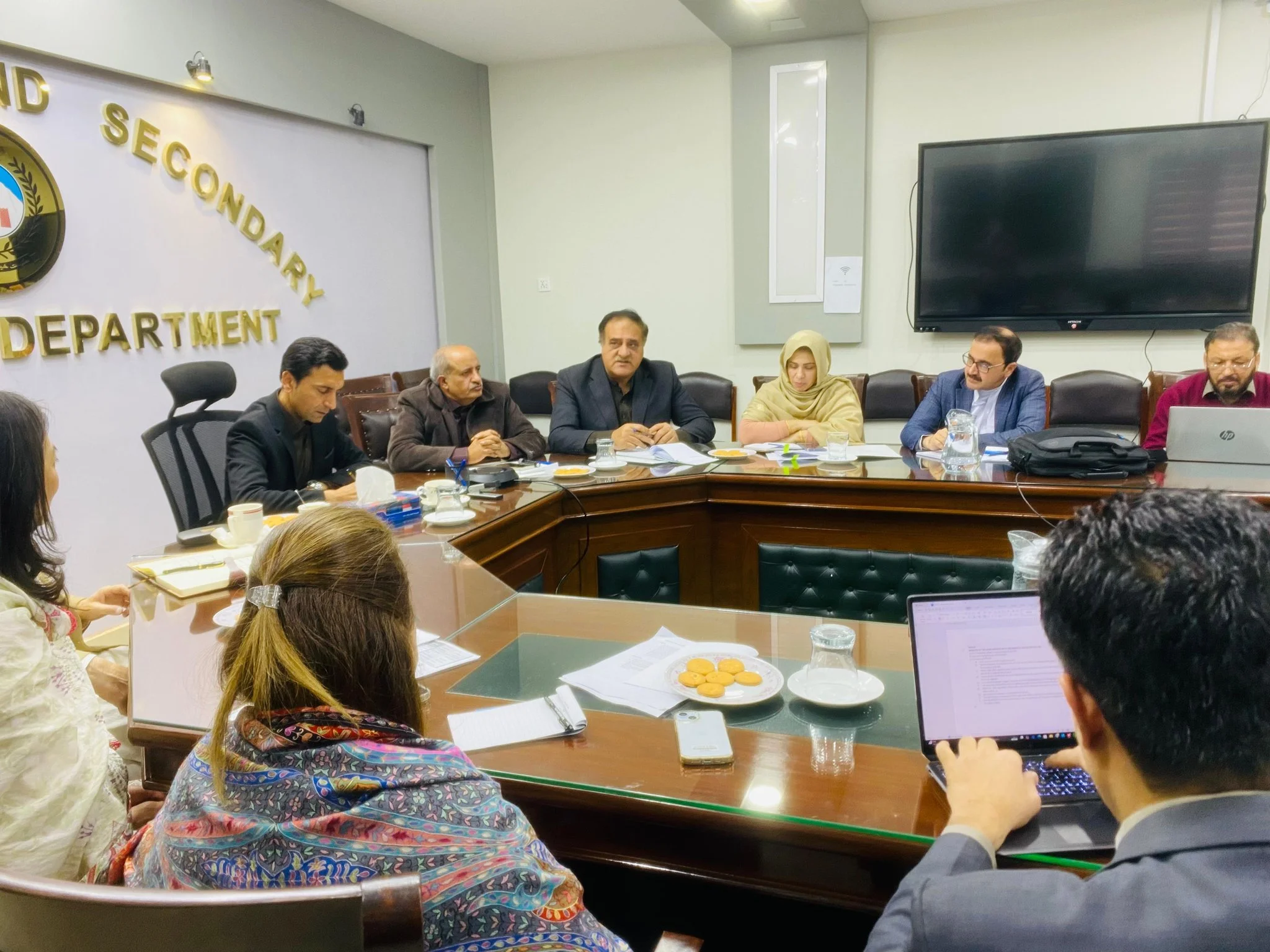
Strengthening KP’s Education Sector:
The partnership between the KP Education Department and the World Bank has been instrumental in driving positive changes in the education sector. Key achievements of this collaboration include:
- Improved School Infrastructure: Upgrading facilities in schools to provide a better learning environment.
- Teacher Training Programs: Equipping teachers with modern teaching techniques and skills to enhance classroom learning.
- Increased Student Enrollment: Initiatives to encourage children, especially girls, to attend school regularly.
- Digital Learning Solutions: Introducing e-learning platforms and digital tools to make education more accessible.
The HCIP serves as a cornerstone for these efforts, addressing challenges and creating opportunities for students and teachers alike.
The Road Ahead
The 18-month extension granted by the World Bank is a testament to the progress made and the potential for further success. With this extension, the KP government aims to:
- Expand the reach of educational initiatives to remote and underserved areas.
- Strengthen teacher training programs to ensure high-quality education.
- Integrate more digital tools and technologies into the education system.
- Build additional infrastructure to accommodate increasing student enrollments.
KP’s Journey Towards Educational Excellence:
The KP Education Department and the World Bank are working together to improve education in the province.
This partnership is focused on supporting students and teachers while also helping with the overall development of KP.
As the Human Capital Investment Project moves ahead, it promises lasting improvements in the education sector.
With the help of global partners like the World Bank, the province is set to achieve big milestones in education.

